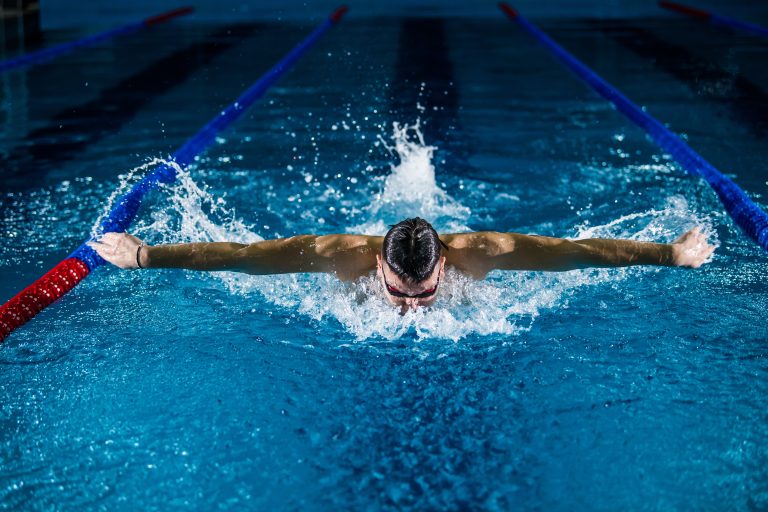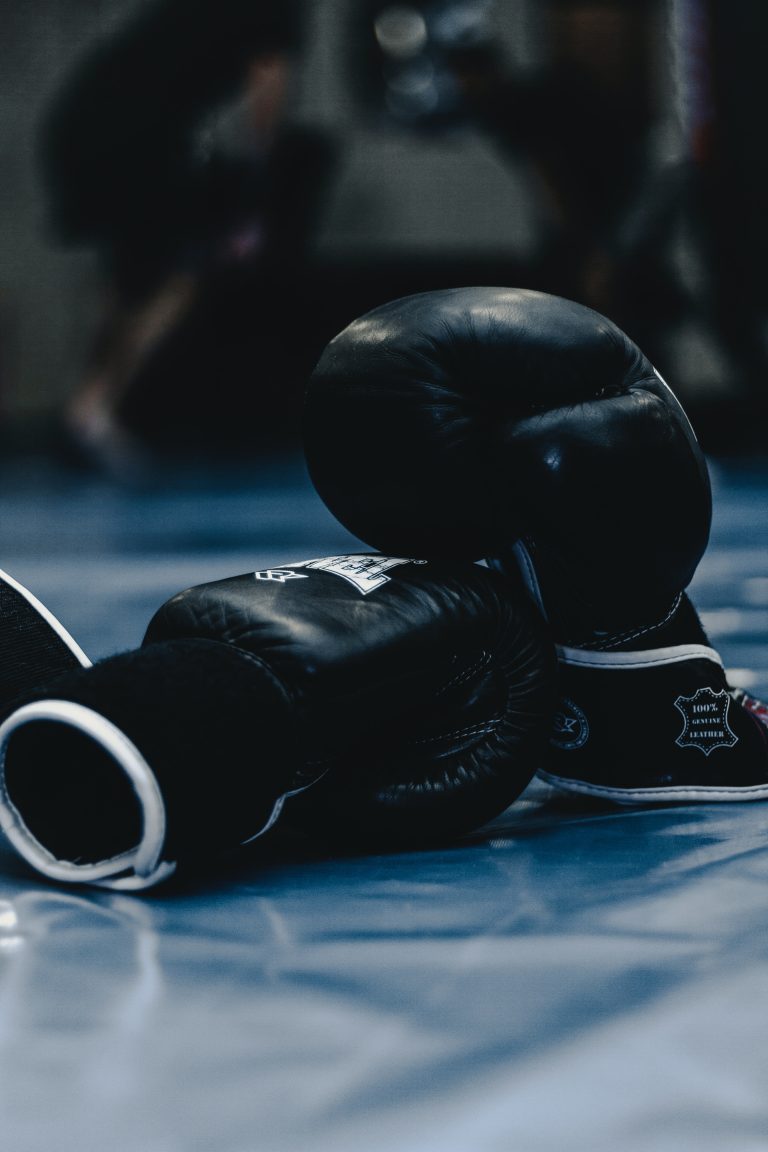Can an Unconventional Martial Arts Approach Help Improve Your Karate Training?
Karate has been a popular form of martial arts around the world for many years. It is a highly effective way to keep fit, learn self-defense techniques, and build confidence. However, some people struggle to make enough progress with their karate training and feel stuck in one place. While certain karate techniques must be taught according to traditional approaches, many experts believe that with an unconventional approach, you can take your karate training to the next level.
In this blog post, we will dig deeper into this concept, discuss the benefits of using an unconventional approach to karate training, and provide some tips to help you get the most out of your training.
What Does an Unconventional Martial Arts Approach Look Like?
An unconventional martial arts approach does not necessarily mean throwing out traditional karate teaching methods. Instead, it means introducing other disciplines, like modern-day sports science and Eastern martial arts, that can take your training to the next level.
For example, karate is traditionally taught with a focus on the fundamentals like stances, forms, blocking, and striking. But if you incorporate some principles of sports science into your training, such as strength and conditioning or proper nutrition, you can see faster results in terms of muscle gain and fat loss.
In addition to sports science methods, martial arts movements from other Eastern martial arts can be beneficial to your training. For example, incorporating kung fu forms into your karate training can increase your flexibility and ability to transition between defensive and offensive movements more easily. In addition to increasing your range of motion and overall agility, adding other martial arts forms can help keep your workouts more interesting, so you’re more motivated to stick with it.
Why Is an Unconventional Martial Arts Approach Beneficial?
There are several benefits to using an unconventional martial arts approach to your karate training. Here are a few of the most common ones:
Experimentation: An unconventional approach allows you to experiment more with different techniques. Learning from different disciplines allows you to mix and match different techniques and create your own style that works best for you. It also helps keep your workouts interesting so you don’t get bored and give up.
Increased Muscle Strength: Incorporating techniques from other disciplines into your karate training can help you build more strength in certain areas of your body. For example, if you learn certain Yang-style Tai Chi forms, you can increase the strength in your lower body. This can help you generate more power behind your strikes and effectively defend yourself in more situations.
Adaptability: By learning techniques from multiple martial arts styles, you become much more adaptable in real-life self-defense scenarios. You can quickly transition between different techniques depending on the situation you’re faced with. Having this kind of flexibility also helps you better counter any specific attacks or techniques an opponent may try to use against you.
Tips for Implementing an Unconventional Martial Arts Approach
If you’re interested in taking an unconventional approach to your karate training, here are a few tips to help you get started:
Research Other Martial Arts: Spend some time researching other martial arts styles and decide which ones you’d like to incorporate into your existing karate training. Consider focusing on one martial arts style at first until you’re comfortable with the basics before moving on to another style. It’s also important to research instructors so you can find one who is knowledgeable and experienced in multiple styles.
Start Slow: As with any new activity, it’s important to start slowly and learn the basics first. Don’t try to do too much too soon or you may end up getting frustrated and giving up. Take the time to develop a solid foundation and gradually increase the complexity of the moves as you become more comfortable with them.
Seek Help: If you find yourself struggling with certain aspects of the unconventional approach, don’t be afraid to seek help from a knowledgeable instructor or mentor. This can be especially helpful if you ever find yourself feeling discouraged or overwhelmed—talking to someone who has gone through similar experiences can help keep you motivated and on track with your goals.
Conclusion
In conclusion, an unconventional martial arts approach can be a great way to take your karate training to the next level. By incorporating techniques from other disciplines into your training, such as sports science and Eastern martial arts like tai chi, you can increase your muscular strength, flexibility, adaptability, and overall proficiency in karate. just remember to start slow and research qualified instructors who understand how to blend traditional and unconventional methods together for the best results. Good luck!
Can an Unconventional Martial Arts Approach Help Improve Your Karate Training? FAQ
If you are into martial arts, you probably know it takes hard work, dedication, and discipline to improve your skills. Karate is one of the most popular forms of martial arts, and many students wonder if an unconventional approach can help improve their training. In this post, we will answer the most frequently asked questions about how an unconventional approach can benefit your karate training.
1. What is an unconventional approach to martial arts training?
An unconventional approach to martial arts training is about exploring non-traditional methods and techniques of teaching and practicing. It may involve combining elements of different martial arts styles, training with unusual equipment, or using unconventional training methods to improve your skills.
2. How can an unconventional approach improve my karate training?
An unconventional approach can help improve your karate training in many ways. It can provide you with unique training methods that address your specific weaknesses and strengths. Also, exploring new techniques can help you become a more well-rounded martial artist, confident in your abilities.
For example, by adding weight training to your karate routine, you can improve your strength and endurance, which can have a significant impact on your overall performance. Similarly, exploring a different martial arts style can provide you with insights into the way other martial arts work, which can improve your overall understanding of martial arts.
3. What are some examples of unconventional training methods?
There are many unconventional training methods you can use to improve your karate training. Here are a few examples:
* Plyometrics: Plyometric drills involve performing high-intensity exercises that require you to jump or move in a quick, explosive manner. These drills can improve your speed, agility, and muscle power.
* Resistance Training: Resistance training involves using weights, bands, or bodyweight exercises to build strength and muscle.
* FRC (Functional Range Conditioning): FRC is a system of mobility and flexibility training that focuses on improving the range of motion and the ability to control your movements.
* Cross-Training: Cross-training involves practicing a different sport or martial arts style to improve your overall physical fitness and martial arts skills.
4. Can an unconventional approach replace traditional karate training?
No, an unconventional approach cannot replace traditional karate training. Traditional karate training provides a foundation of essential skills and techniques that are vital to becoming a skilled martial artist. However, an unconventional approach can supplement traditional training and provide access to new methods and techniques that traditional training may not address.
5. How do I incorporate an unconventional approach into my karate training?
To incorporate an unconventional approach into your karate training, you should first identify your areas of weakness and strength. Then, determine which unconventional training methods will address your specific needs. Next, work with a qualified instructor who has experience with unconventional training methods to guide you in your training.
6. Is it safe to train with unconventional methods?
Training with unconventional methods can be safe if you approach it with caution and work with a qualified instructor. Always start slowly and progress at a pace that is suitable for your fitness level and skills. If you have any preexisting medical conditions, consult with a medical professional before starting any new training program.
7. What are the benefits of an unconventional approach to karate training?
The benefits of an unconventional approach to karate training include improved overall fitness, increased confidence in your skills, and a broader understanding of martial arts. By exploring and using unconventional training methods, you can break through plateaus and achieve higher levels of performance.
8. Is an unconventional approach suitable for beginners?
An unconventional approach to martial arts training can be suitable for beginners. However, beginners should first focus on developing a foundation of essential karate skills and techniques before incorporating unconventional methods. Always work with a qualified instructor who can guide you in your training and ensure that you progress safely.
Conclusion
An unconventional approach to martial arts training can provide you with unique and effective methods to improve your karate skills. By exploring new techniques and methods, you can break through plateaus, become a more well-rounded martial artist, and build confidence in your abilities. Remember always to work with a qualified instructor and approach unconventional training methods with caution to ensure your progress is safe and effective.
Inhaltsverzeichnis






